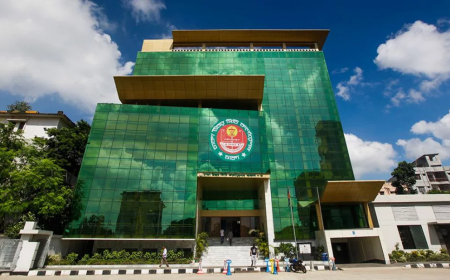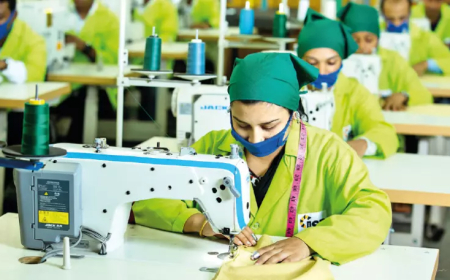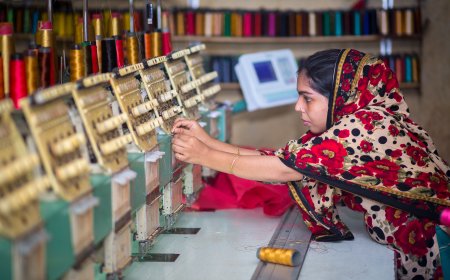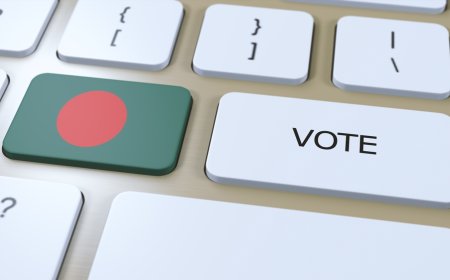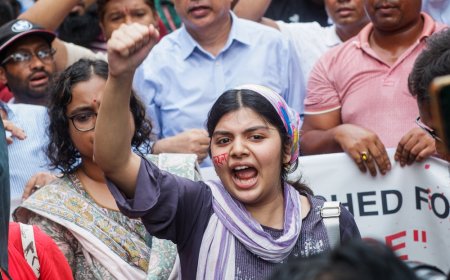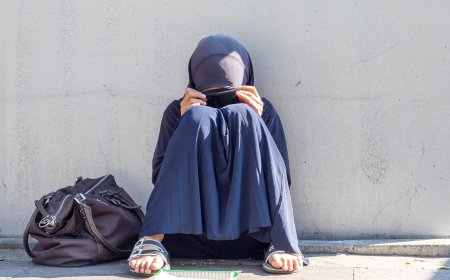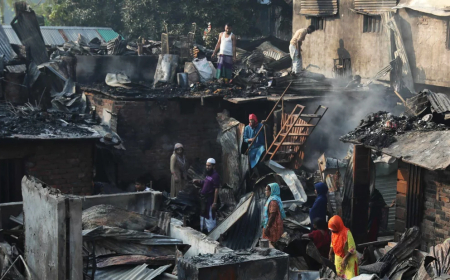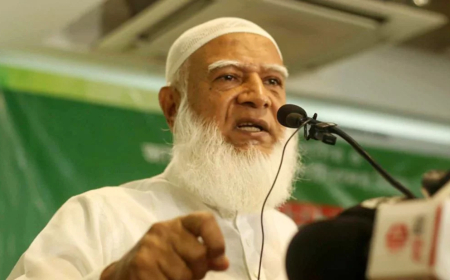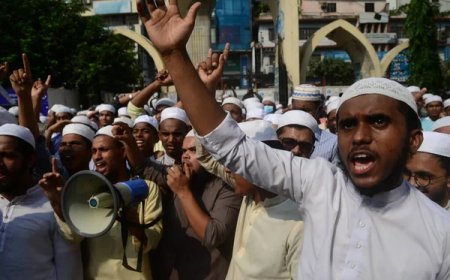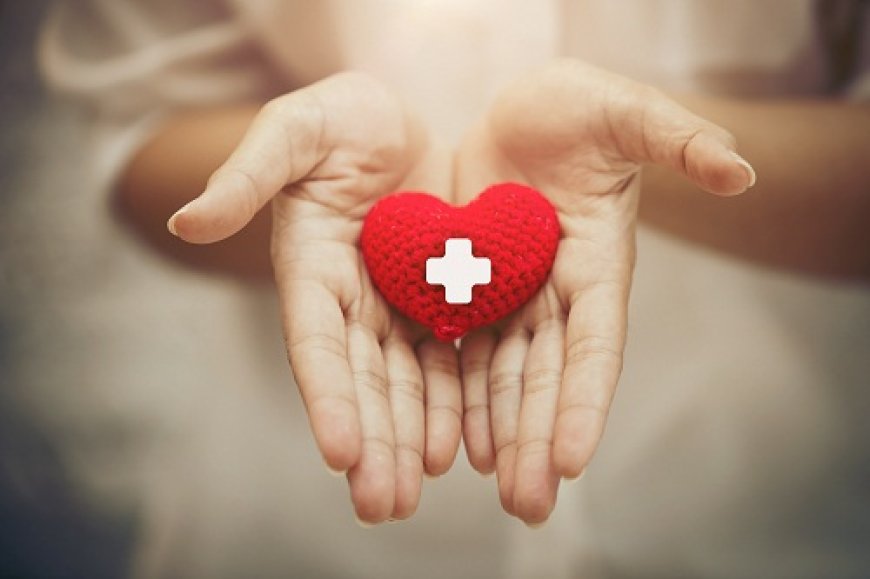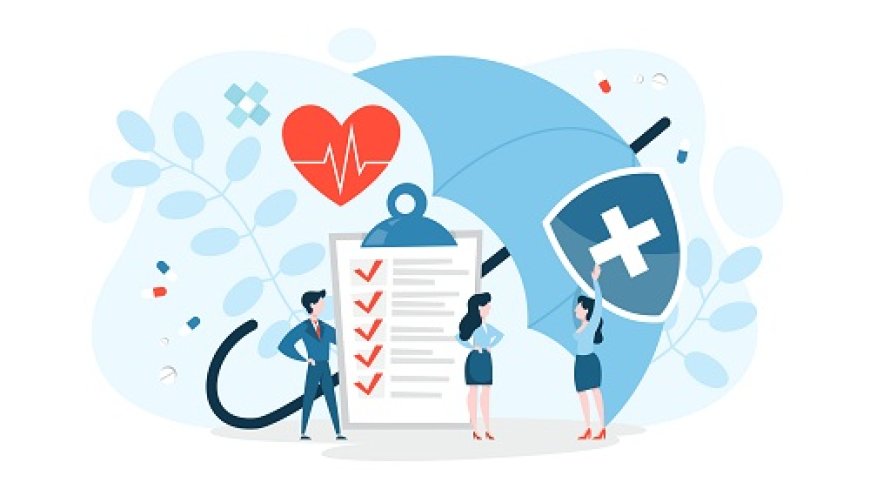Health Equity Must Be at the Heart of Bangladesh’s Democratic Transition
Health equity is the difference between a child getting antibiotics or dying from an infection. It is the difference between a woman surviving childbirth or bleeding to death. This is a moral test for the kind of nation we want to become.
I was recently attending a global health policy conference when a panellist projected a map showing the top ten countries facing the world’s worst antibiotic resistance crises. I felt my heart sink as I saw Bangladesh on that list. As someone who has spent over a decade working in health regulation and policy, across therapeutic goods and chemicals, it was not just shocking. It was personal for obvious reasons.
In my visits to Bangladesh over the years, I have seen patients lying on hospital floors, families chasing oxygen cylinders from one clinic to another, burn victims dying, not because their injuries were beyond treatment but because the system simply wasn’t there for them. Public medical facilities often look more like triage zones after a natural disaster than places of healing. But this disaster isn’t natural, it’s man-made.
Contrast this with a case I witnessed in Canberra: a young child died because emergency doctors missed a rare myocardial condition. Within days, an independent investigation board was convened. Root cause analysis was conducted, systemic reforms were introduced, and the findings were made public. Accountability was swift and meaningful. That is what respect for life and trust in public institutions looks like.
Let me be clear, I’m not interested in comparing Bangladesh to countries like Australia, where I currently work. That would be unfair. But I am deeply concerned by the state of Bangladesh’s public healthcare system, which is consistently ranked among the worst globally in terms of accessibility, equity, and efficiency.
Despite improvements in certain indicators like maternal mortality and immunisation, our health system remains profoundly unequal. According to the World Bank, over 70% of healthcare costs are borne out-of-pocket by patients, pushing thousands into poverty each year. Per capita health spending is just around US $58, and the country invests only 2.4% of GDP in health, one of the lowest in the region.
And the inequality cuts deeper.
“If you’re poor, you die silently. If you’re rich, you fly out,” a health activist in Thakurgoan told me last year.
In rural areas, the doctor-to-patient ratio is so skewed, people often rely on untrained providers or go without care entirely. According to a 2022 WHO study, Bangladesh has only 9.9 doctors, nurses, and midwives per 10,000 people, well below the SDG benchmark of 44.5. Two-thirds of medical professionals are clustered in Dhaka and other major cities, leaving rural and coastal communities functionally abandoned.
Women suffer the most. From maternal deaths to lack of access to reproductive care, from domestic violence injuries to mental health crises, women’s health is often invisible in our planning and policies.
In March 2024, Razia Khatun, a 23-year-old national footballer, bled to death after giving birth at home in rural Satkhira. A SAFF U-18 champion, a symbol of pride for Bangladesh, she died not because her condition was untreatable, but because timely medical care never arrived. Her baby survived. She didn’t.
“If she had been taken to the hospital earlier, she could have survived,” her husband told reporters -- his words echoing what thousands of rural families have silently endured.
Razia’s death is not an isolated tragedy, it’s a brutal indictment of Bangladesh’s maternal health crisis. Nearly half of all births still occur at home. In many rural areas, there are no functioning emergency obstetric units, no transportation, and no accountability. For a country that celebrates its daughters on the sports field, it has utterly failed them in childbirth.
Her death should have triggered a national inquiry into maternal deaths and rural healthcare gaps. Nothing happened.
And then there is the systemic rot -- corruption in procurement, ghost clinics, political appointments, and chronic mismanagement. These aren’t merely bureaucratic inefficiencies. They are violations of people’s dignity and their constitutional rights.
Yet the story doesn’t have to end here.
As Bangladesh moves, inshallah, towards a democratic transition, we have a rare opportunity to rebuild trust and reimagine healthcare. But only if we stop treating health as a last-minute budget line item.
We must build a system where health is not a privilege of the powerful, but a right of every citizen.
That means:
- Equipping rural clinics and training local health workers
- Investing in primary care and emergency response
- Instituting independent oversight mechanisms, so that no death goes unaccounted
- Prioritising women’s and children’s health
- And building a culture where every life, regardless of income or geography, matters equally
Health equity isn’t an abstract goal. It is the difference between a child getting antibiotics or dying from an infection. It is the difference between a woman surviving childbirth or bleeding alone. It is the difference between dignity and despair.
This is a moral test for the kind of nation we want to become.
What's Your Reaction?












